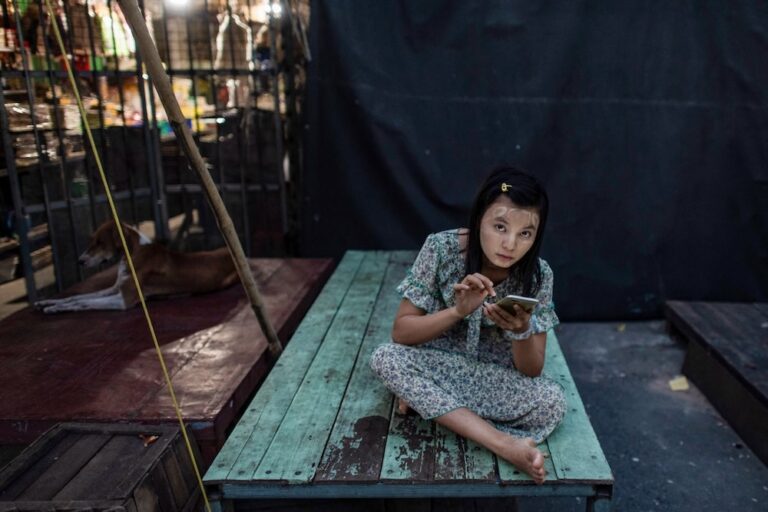(Mizzima/IFEX) – The following is a statement from Mizzima News, an interim member of IFEX: Government department to sue journal for criticising tourism efforts The Burmese Ministry of Culture’s historical research department will sue a Rangoon-based public interest news journal, “Weekly Eleven”, for a report it published, which ironically has been passed by the censorship […]
(Mizzima/IFEX) – The following is a statement from Mizzima News, an interim member of IFEX:
Government department to sue journal for criticising tourism efforts
The Burmese Ministry of Culture’s historical research department will sue a Rangoon-based public interest news journal, “Weekly Eleven”, for a report it published, which ironically has been passed by the censorship board.
The report, published in December 2006, criticised tour agencies for serving dinner on the ruins of the temples of Pagan, one of Burma’s major tourism spots, to attract tourists.
Although the Burmese censorship board, which is infamous for censoring any writing against the government, has approved the report, the Burmese Cultural Ministry’s historical research department is taking the journal to court.
A court in Tarmyaw Township has summoned the journal’s editor to a hearing on 30 July 2007.
However, the charges against the journal will only be revealed in court, sources close to the journal said.
Speaking on condition of anonymity, a senior editor of a Rangoon-based magazine told “Mizzima” that the journal cannot be faulted for publishing the report as it has been thoroughly checked and passed by the censorship board.
“. . .[E]verything [in written form] goes to the censorship board for review and only with their permission can anything be published. We all do the same thing. We have to send everything to the censorship board. So, it’s not the fault of the journal. The censorship board is there to filter it,” the senior editor said.
“We all have to go through the steps the censorship board has laid down and only after that can we publish. So, we are not at fault. But it would be different if we publish without permission. It is difficult to understand why the journal is being sued as it has published the write-up only after the board permitted it,” he added.


